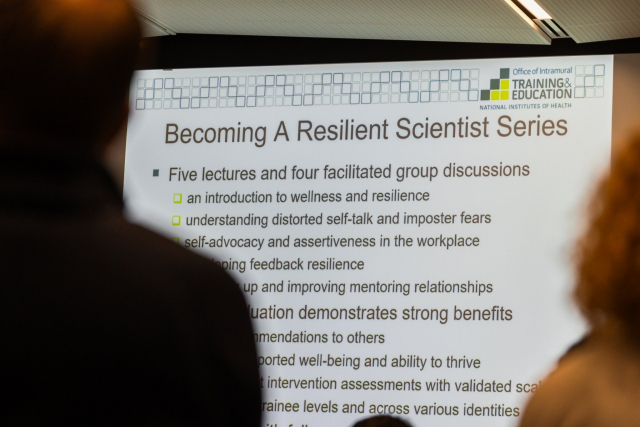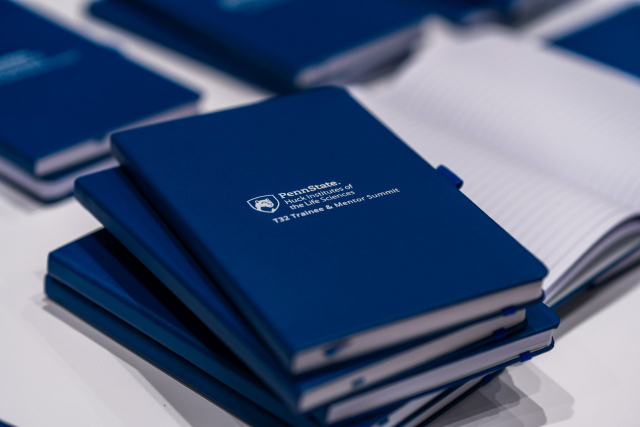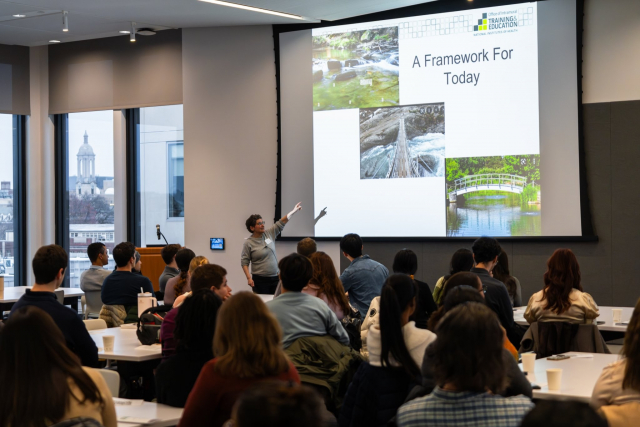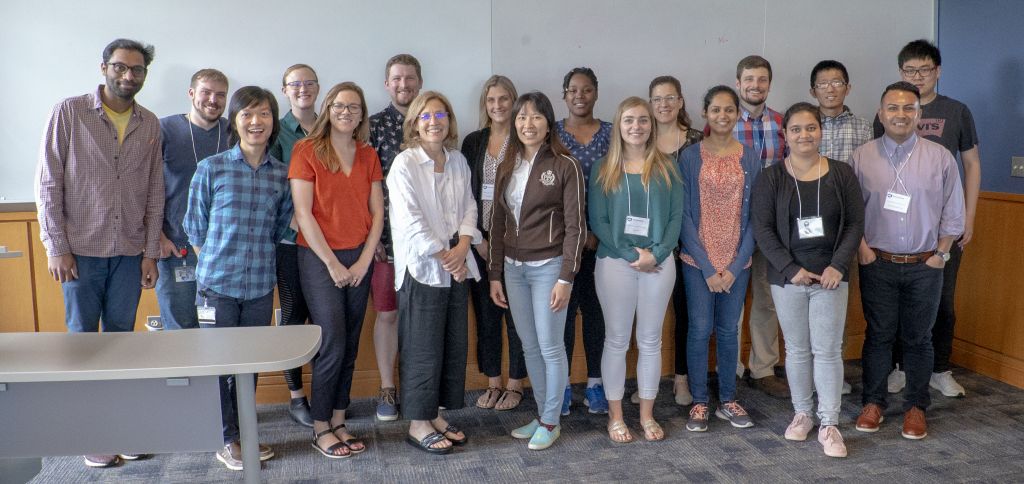
Where Entrepreneurship, AI and Teaching Meet The Life Sciences: Improving Human Health Through Cutting-Edge Science and Career Readiness Training
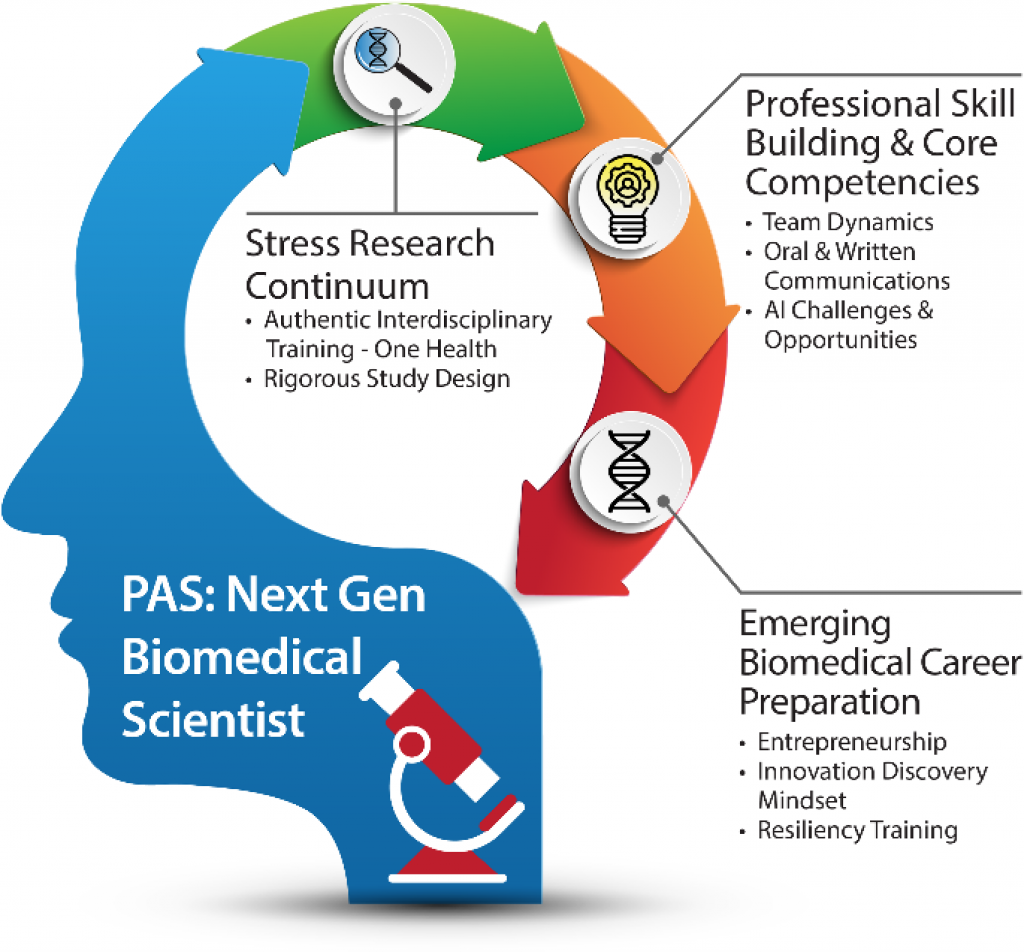
Physiological Adaptations to Stress (PAS) is an NIH-funded T32 interdisciplinary training program from the National Institute of General Medical Sciences (NIGMS). The primary mission of PAS is to provide interdisciplinary research training and educational experiences in physiological stress adaptation. We broadly define stress and emphasize interdisciplinary training. Examples include aging, addiction, oxidative, structural, nutritional, and metabolic. Animal, cellular and human models are considered, as is the One Health microbiome interdisciplinary framework as a lens for solving human health and disease problems. Integration of entrepreneurial principles to develop novel research questions and applying with fidelity principles of rigor and reproducibility are emphasized. PAS is also keenly focused on career readiness! Key aspects include using the One Health microbiome interdisciplinary framework as a lens for solving human health and disease problems, integration of entrepreneurial principles to develop novel research questions, and applying with fidelity principles of rigor and reproducibility. Familiarity with opportunities and challenges posed by generative artificial intelligence (AI) woven throughout our coursework and experiences prepares our trainees for the 21st century biomedical workforce. Flexible elective interest tracks and emphasis on wellness and resilience enhance the professional development of PAS trainees. Faculty mentors associated with PAS are affiliated with the Colleges of Agricultural Sciences, Engineering, Health and Human Development, and Science.
Career Readiness: Emerging careers in the biomedical sciences require a discovery mindset and the ability to work collaboratively in teams
Success in the 21st century biomedical workforce requires trainees to work in diverse teams to be leaders of innovation. Value-added training in entrepreneurship (Business of Science Boot Camp) and team dynamics (BA802) through Penn State MBA program coursework helps prepare students to be communicators and scientists. Whether you are planning a career in academia or headed to industry, research shows us that effective team management strategies (which includes conflict resolution) are a critical but often overlooked skill set in graduate training.
Flexible Elective Interest Tracks Provide Experiential Learning:
- Track 1: Graduate Teaching Experience in Biology and CIRTL Certificate emphasizes the teaching of physiology. PAS trainees will be uniquely qualified to complete certification through the Penn State Center for the Integration of Research, Teaching, and Learning (CIRTL) network and learn evidence-based, inclusive teaching practices.
- Track 2: AI Challenges & Opportunities allows for exploration of generative AI competencies, to provide our trainees with expanded understanding of responsible AI practices to navigate emerging technologies beyond the bench.
- Track 3: Invent Penn State Internship/ICOR Short Course facilitates experiences in entrepreneurship, which leverage Penn State’s significant commitment to innovation through Invent Penn State and the Eric J. Baron Innovation Hub.
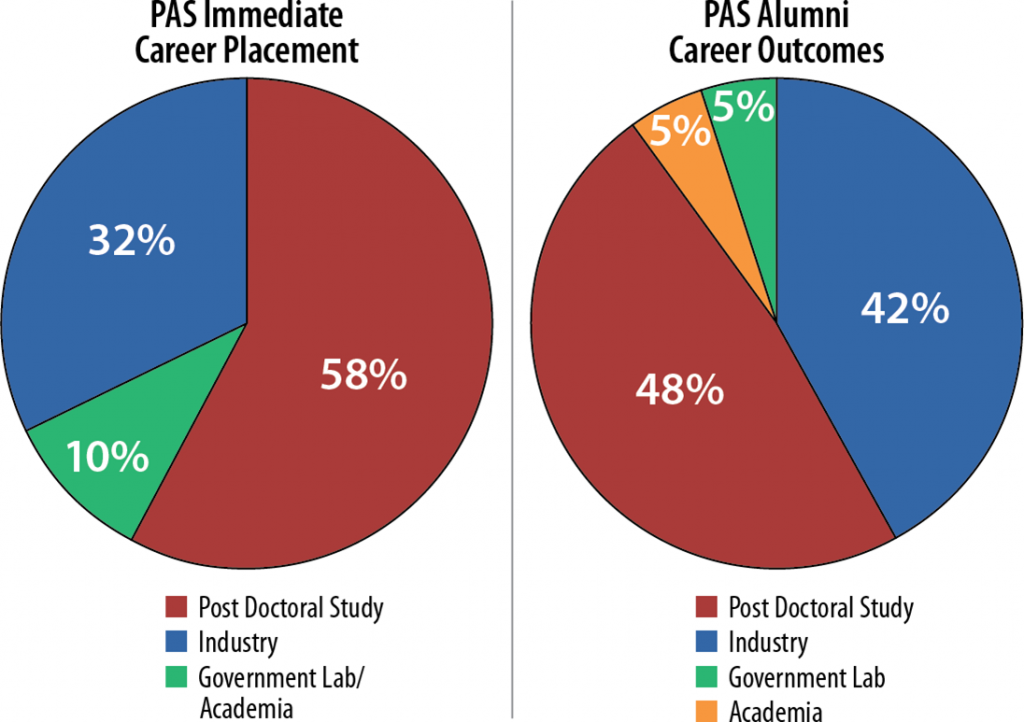
Trainee Outcomes
PAS has been funded since 2014. The TTD for doctoral trainees is 5.03 years. Of the 23 PAS trainees who have graduated, 96% remain in science. While many of our graduates are still ‘in training’, outcomes at year 10 are skewed towards careers in biotechnology vs academia.
Underrepresented minorities and students with disabilities are encouraged to apply.

